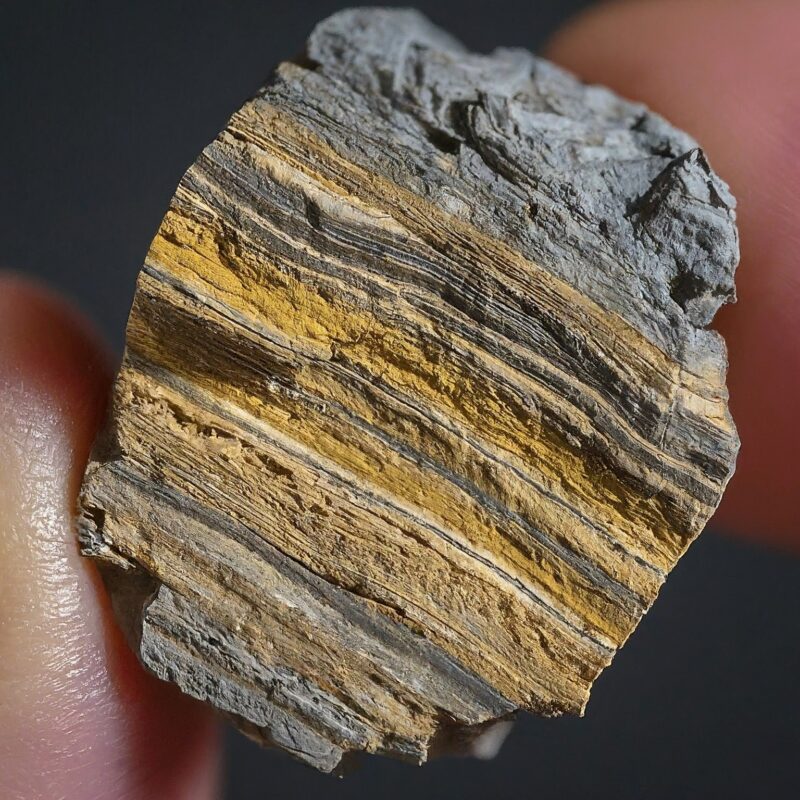Accelerate Resources (ASX: $AX8) defines large lithium system with intercepts up to 1.28% Li2O
- Author: Stock Piper

Accelerate Resources Ltd (ASX: $AX8) Prinsep Lithium Project Update
Accelerate Resources Limited (ASX: $AX8) has announced the results from the maiden drill program of the Prinsep lithium project within the company's 100% owned Karratha Lithium Project in the West Pilbara region of Western Australia. The drill program has defined a significant lithium pegmatite system with near-surface drill intercepts up to 1.28% Li2O, along with a 150m true width lithium 'alteration halo' in basalt and sediment host rock interspersed by lithium pegmatites defined over 1,600m strike in the Northern Zone, and remains open. The Phase 2 diamond drill program and further studies are well advanced.
Executive Commentary on Prinsep Lithium Project Results
Mr Luke Meter, Chief Executive Officer of Accelerate, expressed his satisfaction with the results, stating, 'I am pleased to be able to report on the RC drill results, the first ever drilling of this new discovery, where we have successfully demonstrated the potential of Prinsep Lithium Project. Despite modest grades at this stage, the Company has been able to intercept pegmatites and mineralisation in every drill hole, over 1.6km of strike and define a significant 120m wide lithium halo around the northern pegmatite zone. The technical team are now busy reviewing all the data to help define the next phase of exploration in which we will aim to focus in on the higher-grade lithium zones and further delineate the recently identified lithium soil anomalies.'
Summary of Prinsep Lithium Project Announcement
Accelerate Resources Ltd (ASX: $AX8) has successfully defined a significant lithium pegmatite system with near-surface drill intercepts up to 1.28% Li2O at the Prinsep lithium project. The results from the maiden drill program are encouraging, with wide zones of lithium mineralisation intercepted, and the discovery of a wide low-grade lithium alteration halo estimated to be greater than 150m true width, with a strike in excess of 1,600m. The company's Phase 2 diamond drill program and further studies are well advanced, and the technical team is reviewing all the data to define the next phase of exploration. Accelerate's Prinsep Lithium Project, part of the Karratha Lithium Project, shows potential for further delineation of higher-grade lithium zones and exploration of recently identified lithium soil anomalies.


